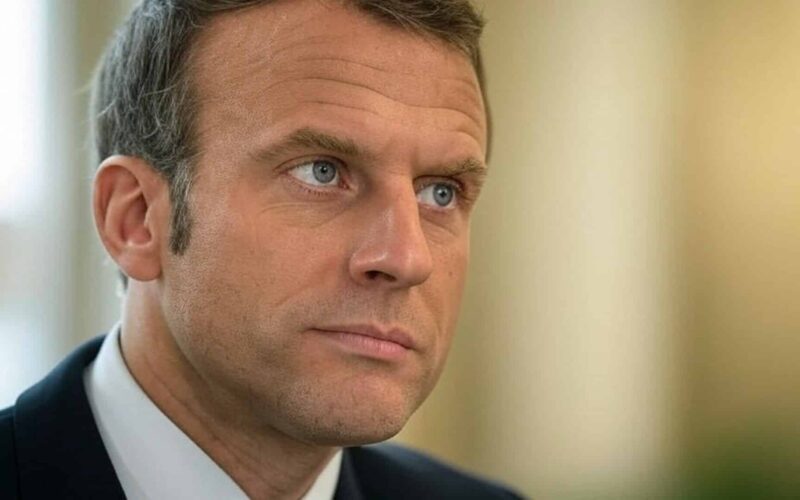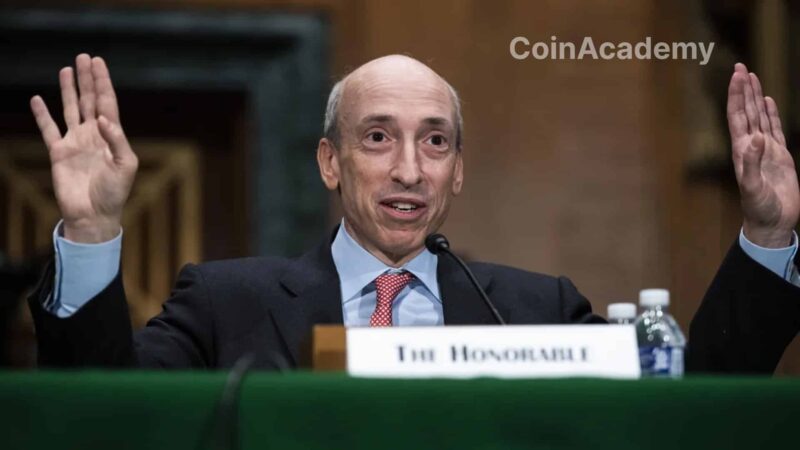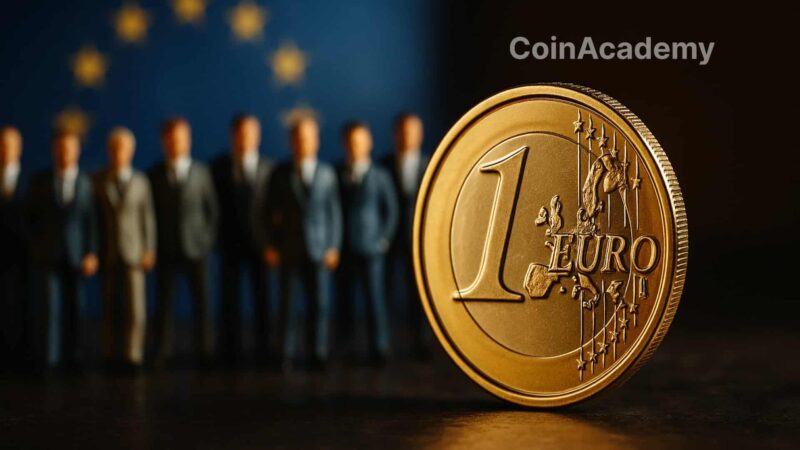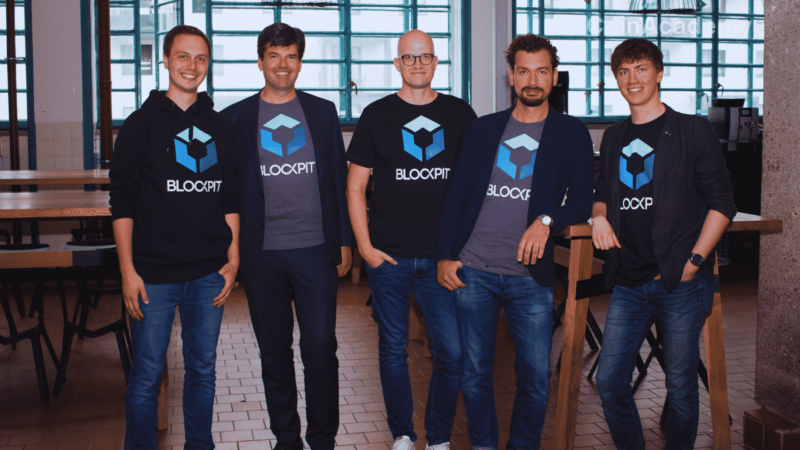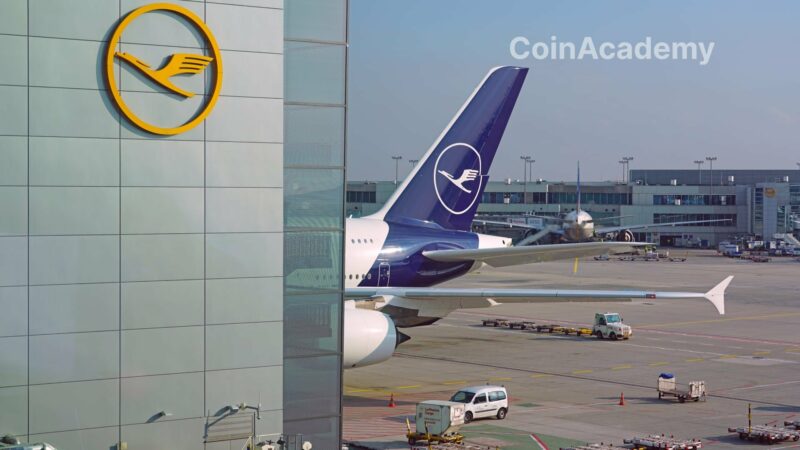Emmanuel Macron defends French ambition in AI, cites Mistral and personal use of AI tools, but acknowledges the gap with the United States.
€109 billion investment is private, with foreign funds, Macron calling for the liberation of European savings to finance innovation.
Macron admits shortcomings, such as lagging behind in cloud technology and mathematics, but relies on nuclear power to catch up in other sectors.
Emmanuel Macron, interviewed by YouTuber Micode, displays a clear ambition for artificial intelligence in France. “We have everything to succeed in this battle,” he emphasizes, citing the creation of a French language model, Mistral, and the increasing use of AI by the Élysée. The President even reveals that he regularly tests AI tools on his tablet, but humorously adds:
I don’t use AI for my speeches or emails… in fact, I haven’t had any emails since I became President!
Asked about the French tendency for self-sabotage, Macron denounces a “cultural problem with failure.”
He argues for an acceptance of mistakes and highlights the need to overcome the French aversion to innovation: “We are sometimes more cautious, even worried, when it comes to technological advancements.”
The announcement of €109 billion in investments for AI is intriguing. Macron clarifies: “It’s private money, not public.” He mentions companies like Thales, Orange, and MGX, based in the United Arab Emirates, and acknowledges a deficit of European capital: “We don’t have enough financial investors. We need to release European savings to finance innovation.”
The President emphasizes the need for financial rule reform in Europe:
If we want more independence, we need our own funds. Otherwise, our start-ups will continue to succumb to American investors.
Can France still catch up with its lag? Macron defends his record against criticism of French delay: “We didn’t wait for the headlines. As early as 2017, we launched an AI strategy.” However, the gap with the United States remains stark: 8 billion euros invested on the French side compared to 254 billion across the Atlantic. For him, the stakes are clear:
Our large companies must be patriotic. Peugeot and Citroën understood this by choosing Mistral as their onboard assistant.
He admits, however, to shortcomings, particularly in cloud technology, where France “has been outpaced” by American giants. But he refuses to give up: “Nothing is lost in terms of data centers and computing power. We have the advantage of low-carbon electricity thanks to nuclear power.”
The President also acknowledges a decline in mathematical proficiency, which is essential for AI.
We still have geniuses, but there are too many inequalities and dropouts, especially among girls.
He relies on AI to improve education: “Personalized tutoring through AI is the key.”
From his favorite speech tic – “formidable” – to the challenges of the cloud, Macron displays unabashed ambition. “France can win the AI battle,” he asserts, calling for a “power reflex” and European economic patriotism. But does the country really have the capacity to do so?
